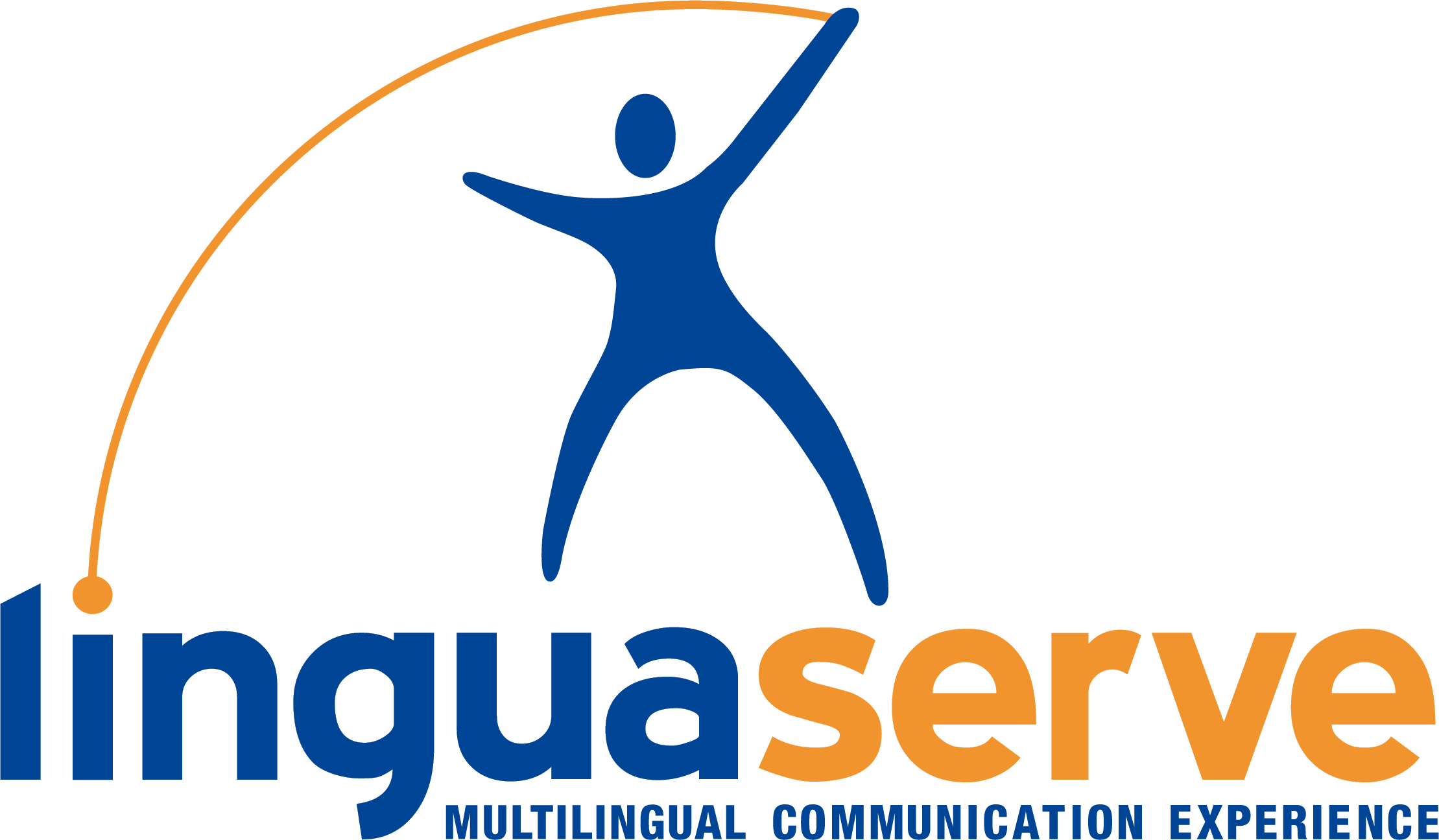A well-done SEO translation is essential if you want your content to rank internationally. No matter how good the original texts of your company's website, blog or e-commerce are, their positioning is not transferred to the translated content.
So, if you want your content to help you achieve good international positioning and stand out from the competition, take note of these 5 tips for effective SEO translation. We guarantee that with them, you will see results in the medium to long term.
How to plan an international SEO strategy
An international SEO positioning plan requires a new and different international marketing strategy than the one used for national search engines. To this end, it is essential to take these points into account:
- The study of the target audience. The most used search engines in the target markets, the easiness to access the Internet and the most used devices.
- The structure of the website and the type of technical architecture, depending on whether we create different versions based on subdirectories or subdomains.
- Geolocation of content to personalize it and offer a better user experience.
- The most appropriate link building policy according to the interests of the users of each place.
- Translation and localization of content to adapt it to the characteristics of new markets.
By relying on an SEO translator, content is perceived as native and, therefore, totally natural and integrated into the target culture.
5 tips for an SEO-friendly translation
Having decided to internationalize our company's website, what we want is for users to find us when they type words in the search engine related to the topic they are interested in.
So, how do you manage to appear at the top of the search engines? SEO translation is essential to answer this question. No matter how well you develop the rest of your marketing strategy, if your content is not well optimized for search engines, you may end up appearing on the second page of Google, Yahoo or the search engine of your choice.
To prevent this from happening, follow our recommendations.
1. Never use machine translation
If you want to maintain the quality of your content, use a professional translation service and not machine translation.
Machine translation without human supervision and post-editing becomes a jumble of incoherent, untranslated parts and meaningless expressions. Search engines penalize this type of content.
2. Localize content
Good positioning is not only achieved by translating. Localize translations to ensure that the content is perceived as originally written in each of the chosen languages. Even within the same language spoken in different countries, the expressions or the names of some things change, so it is necessary to adapt to the local target culture.
3. Translate the metadata
Metadata influences web positioning, since engines use it to define information about the subject matter and description of the site in question. Translating them is therefore necessary to ensure optimal positioning.
4. Perform the search for the ideal keywords
The analysis and selection of keywords is fundamental in positioning. It is necessary to take into account the users' search intention and, therefore, it is not enough to translate keywords from one language to another. It is necessary to find the keywords that give an answer to the concepts that you want to find.
5. Rely on an SEO translator
A professional translator specialized in SEO guarantees the quality of the translation and the adequacy of the most technical aspects following the appropriate marketing techniques to achieve good positioning in search engines.
SEO translation is crucial to boost your brand's image and authority at an international level. Choose the best translation service for your content and go further.








